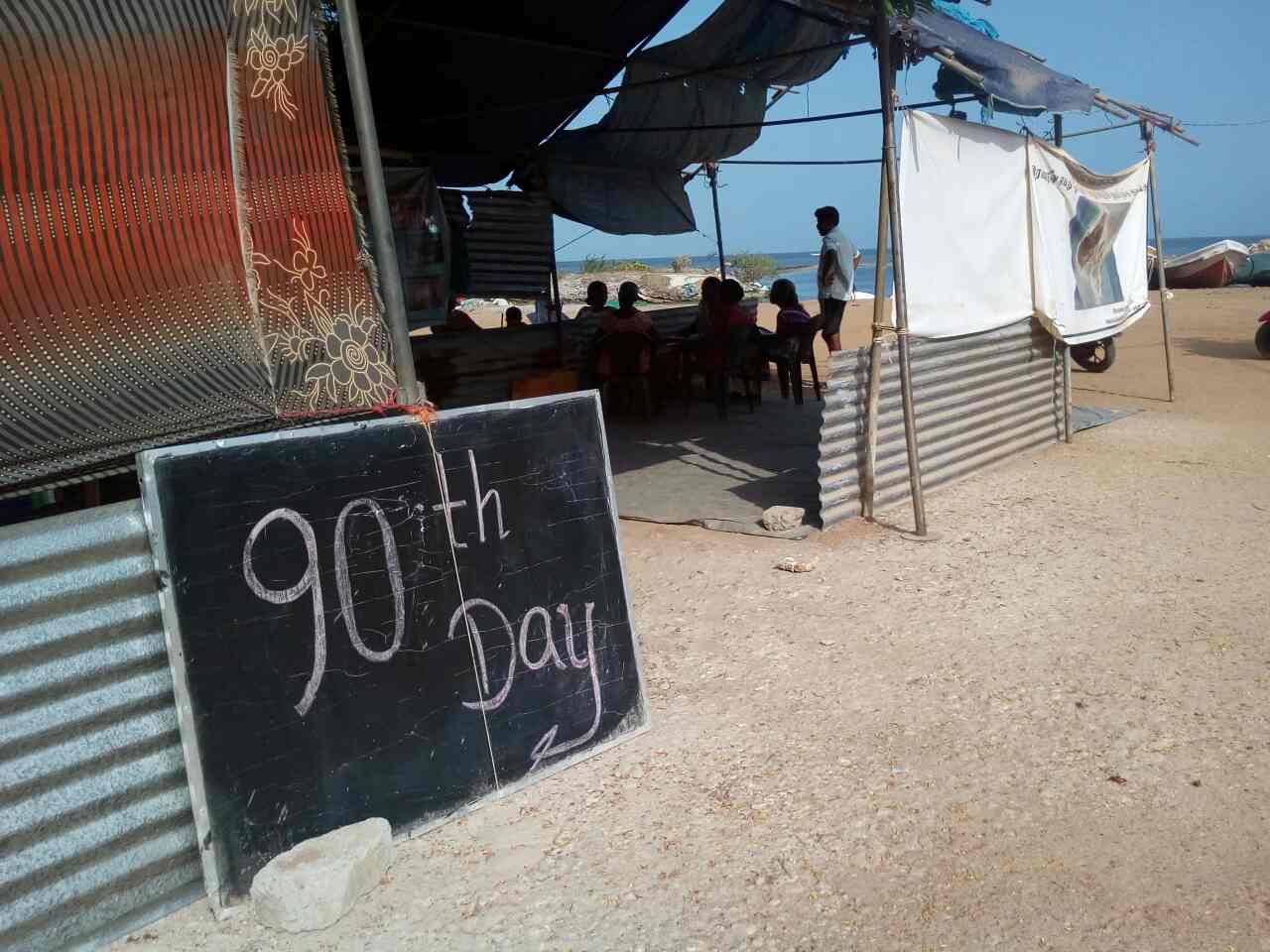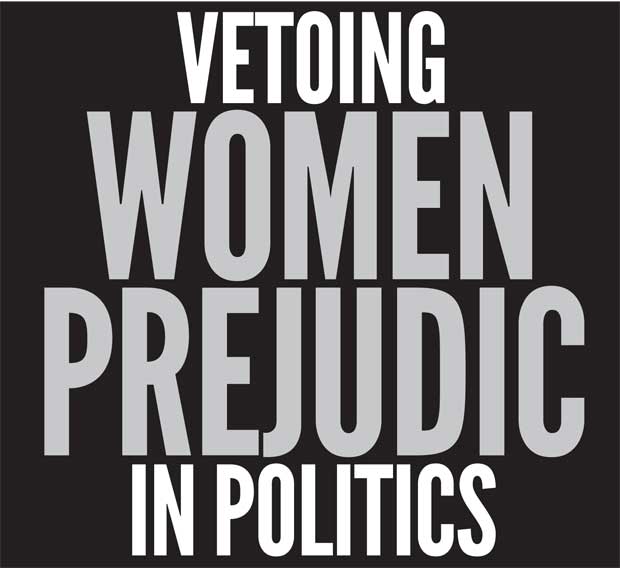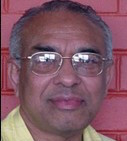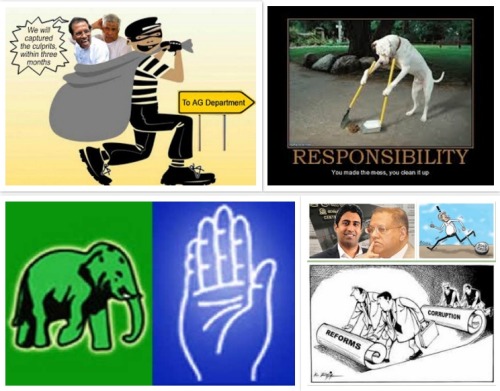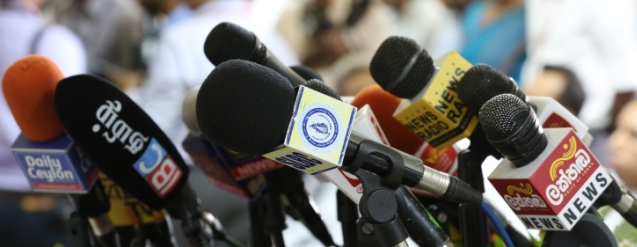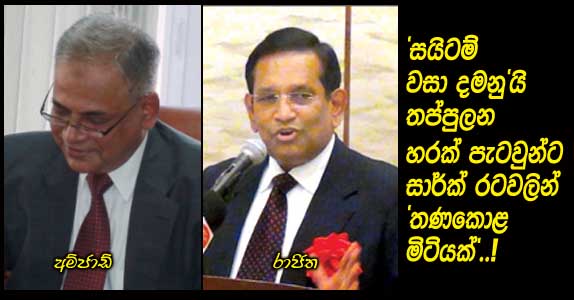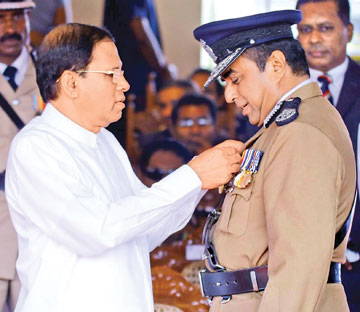A lawyer practicing in Negombo was abducted on the night of 12 July 2017 and taken to a deserted field. There six persons, two of whom were wearing camouflaged uniforms, beat him thoroughly on his back and his head, threatening him that, “you should not be messing with us,” and “you should not try to fight with the police”. Holding a gun to his head, they threatened to shoot him. They also took off his shirt, took two mobile telephones from his pocket, stole all the money he had in his wallet, around Rupees 30,000, and threatened to sexually abuse him, removing his trousers and underwear. When the lawyer finally retaliated and said, “I am merely doing my job as a lawyer and you better do your jobs,” they again assaulted him and then drove away.
With great difficulty he found his way back home, where his wife called 119, following which a police jeep arrived at his house. His wife told them what happened, and he wanted the police to take his statement. The officers replied that he should go to a police station and make a complaint. His wife took him to the Ragama hospital, where he was admitted and examined by a judicial medical officer. He tried to get the hospital police to come and record his statement, but they failed to appear.
His wife went to the Ragama Police station and requested them to come and record a statement, but they also failed to do so. The lawyer was discharged from the hospital two days later. He then contacted the Ragama police several times and asked them to record his statement, but to no avail. After another two days, a police officer finally came to take his statement, but when he asked for the reference, they refused to give it. Finally, he made a complaint to the Bar Association of Sri Lanka, presenting in a lengthy affidavit everything that has happened to him.
Amongst other things, the affidavit also stated that this attack relates to his work as a lawyer and for no other reason. The Bar Association asked his wife who is also a lawyer to come to Hulftdorp to meet the President and the office bearers of the Bar Association, which she did. She was promised that the Bar Association will take action to ensure a thorough investigation.
However, a few days later, the lawyer found that some innocent persons have been arrested and allegedly tortured to confess for being responsible for this attack. They were produced before a Magistrate and remanded, and the lawyer was asked to come to an identification parade to identify the alleged culprits. He refused to do so, telling the police that no proper inquiry into the incident has been made, and the proper culprits have not been identified, although there are several CCTV cameras along the way where he was abducted. At the same time, neither his mobile telephones nor his money has been recovered.
The lawyer informed the Bar Association that a fake inquiry is being conducted with the view to cover up the crime and to give the impression that an inquiry is being conducted. He has asked the Bar Association of Sri Lanka to ensure that the inquiry be handed over to a special CID unit, and to take the inquiry out of the control of the Ragama police station.
The problem this lawyer has faced is being faced by many throughout the country. Either no inquiry is conducted into the complaint or a fake inquiry is conducted, and persons unrelated to the crime are produced in courts to give the impression that a successful inquiry has been conducted.
The purposes of these fake inquiries are manifold. As in the case of the lawyer, the reason for the fake inquiry may well be the fact that after the Bar Association has intervened in the case, some senior police officers have been in touch with the lawyer as well as the police. The arrest of some persons may have been to create the impression on these senior officers that the problem has been solved and that the officers at the police station have done their duties. In other instances, the fake inquiries are for the purpose of hiding and saving the actual culprits. In these instances, either the relevant inquiring officers have been approached by the culprits, or in some instances the police themselves are involved to some degree or the other in the crime. Or, in other instances, it may well be after failing to solve the crime, to cover up their failure, the police find substitute perpetrators. This is manifest in many cases of torture and forced confessions.
It is unfortunate that today, in Sri Lanka, getting an inquiry into a crime requires considerable pressure. To circumvent the difficulties in getting complaints registered and investigated, people approach higher police officers, the National Police Commission, the Human Rights Commission, or even the media. Another common method is to approach a powerful local personage, such as a politician.
While the Criminal Procedure Code of Sri Lanka has lengthily laid down what the police are expected to do by way of registering complaints of crime and investigations into these crimes, the Criminal Procedure Code is no longer a law to be obeyed always. The difficulties involved in a pursuit of a complaint are such that many people prefer to find solutions other than those relying on the police. At the same time, the police, the prime institution for law enforcement, find many ways to circumvent their obligations in discharging justice.
If one was to make complaints regarding these issues to the courts, then there are other insurmountable difficulties such as enormous delays in the adjudication process. The same lawyer mentioned above has made another complaint 08 years ago about an attack on him by the police, and the fundamental rights application that he filed, before the Supreme Court is still pending.
Some of the ways which have been found to mock the seekers of justice is amazing. In one instance, a group of police officers including the OIC assaulted a young man and threw acid on his eyes as a result of which he lost the sight in one eye permanently. After the complaint and much agitation through the media, the police finally filed a criminal charge against one police officer the OIC, by then the OIC was already dead. While the other officers who were living were not charged, only the dead policeman was charged.
When the law is mocked to this extent, what scope is there for the pursuit of justice by person whose rights and dignity have been seriously violated? The ultimate outcome is, that the legal process favours the violator and the not the victim.

